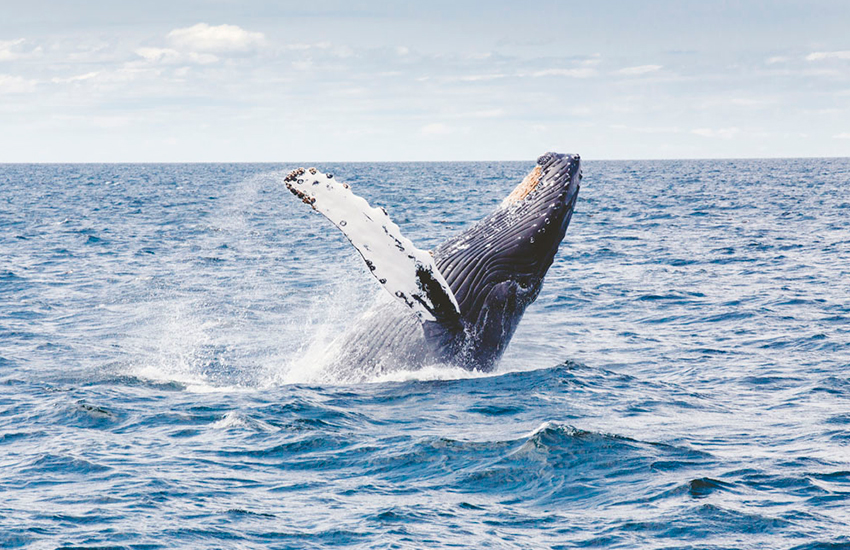After months of anticipation, Airbnb made its initial public offering documents publicly available on Monday, providing the most detailed look yet at the company’s inner financial workings.
Airbnb’s prospectus reveals a revenue of $2.52 billion and a net loss of $696.9 million for the first nine months of the year.
Airbnb was last privately valued at $18 billion, according to The Wall Street Journal. It confidentially filed to go public in September and enters a red-hot IPO market in what will likely be one of the largest offerings this year.
The company’s decision ended speculation over how the pandemic would affect its IPO timeline, and it will likely alleviate some of the pressure the company has faced for years from employees whose stock options were set to start expiring this month if the company didn’t go public.
Pandemic perils
Airbnb has had a long and at times bumpy road to its IPO, particularly during the past several months as the coronavirus pandemic wreaked havoc on the travel industry. Monday’s filing comes amid record new COVID-19 cases in the US.
Read more:Airbnb’s Brian Chesky says what it was like to watch his company’s revenue plunge 80% in eight weeks and how he decided to go public anyway in exclusive interview
When travel restrictions hit in early March, Airbnb’s revenue plummeted 80%, CEO Brian Chesky told Business Insider in September, while bookings in Beijing dropped as much as 96%, according to AirDNA, raising existential questions for the travel giant and forcing it to freeze all marketing spending and nearly all hiring.
Already burning through its cash reserves, Airbnb raised $1 billion in debt and equity financing from Silver Lake and Sixth Street Partners at a steep interest rate of more than 10% and a valuation of $18 billion — down nearly 50% from its previous valuation of $31 billion. A week later, the company raised an additional $1 billion in debt from the two banks and other investors at a 7.5% interest rate.
As of early May, Airbnb still expected its revenue for the year to be less than half of its 2019 earnings, forcing it to take even more drastic measures. Airbnb laid off 1,900 employees — 25% of its staff — and nearly all its contractors, faced backlash from hosts over its early COVID-19 cancellation policies, and paused its investments in ambitious projects around luxury accommodations and producing travel content in order to focus on its core business.
But Airbnb’s business has slowly begun to turn around.
Chesky’s bets on post-pandemic travel trends — that people would flock to rural and local destinations over international tourist traps and big cities, travel more for leisure while using screens for work instead of the other way around, and prefer private spaces over crowded ones like chain hotels — have so far paid off.
Despite second-quarter losses of $397 million, down 72% year-over-year, The Wall Street Journal reported in October that Airbnb was on track to turn a profit in its third quarter in a surprising turn.
Questions still remain
While going public may allow Airbnb’s early investors to breathe a sigh of relief, the company still has significant challenges ahead and will be under even greater scrutiny as a public firm.
Read more:As Airbnb prepares for an IPO amid the pandemic, here are 6 of the company’s challenges that are worrying investors
Investors will be focused first on profitability. Airbnb has said it was profitable in both 2017 and 2018 on an EBITDA-bases (before accounting for interest, taxes, depreciation and amortization), but year-over-year losses doubled in the fourth quarter of 2019 even before the pandemic hit, Bloomberg reported.
It’s also not clear how well the company will weather the coronavirus pandemic, especially as cases surge heading into the winter months. While Airbnb has recovered more quickly than hotels so far, according to a study from AirDNA and STR, part of that could be attributable to coronavirus travel trends that aren’t guaranteed to continue as the virus recedes.
Are you an Airbnb insider with information to share? Contact this reporter via encrypted messaging app Signal at (+1) 503-319-3213 using a non-work device, email at tsonnemaker@businessinsider.com, or Twitter DM at @TylerSonnemaker. (PR pitches by email only, please.)
Recent Posts
- The Solar System is positively lousy with magnetic fields. They drape around (most of) the planets and their moons, which interact with the system-wide magnetic field swirling out from the Sun.
- Pregnant people cannot register for a Covid-19 vaccine prior to 14 weeks’ gestation.
- Mikel Arteta was not consulted over Arsenal’s decision to appear Amazon’s All or Nothing documentary this season
- Singapore should embrace openness and equip the people with the experience and skills to succeed, said Mr Heng.. Read more at straitstimes.com.
- Down on an atomic level, glass is a jumbled mess of atoms, which makes it easily prone to distortion and cracking. Now, chemists have discovered how to arrange the atoms within glass in such a way, the resulting material can even rival the strength o

